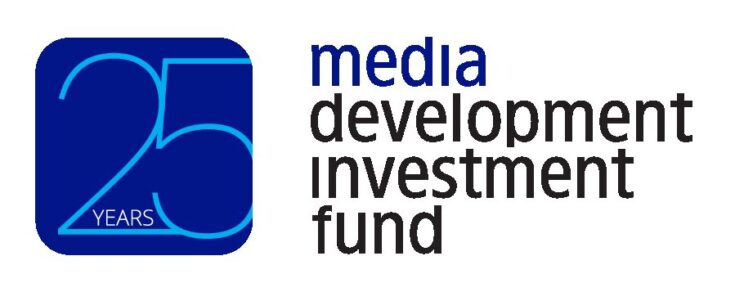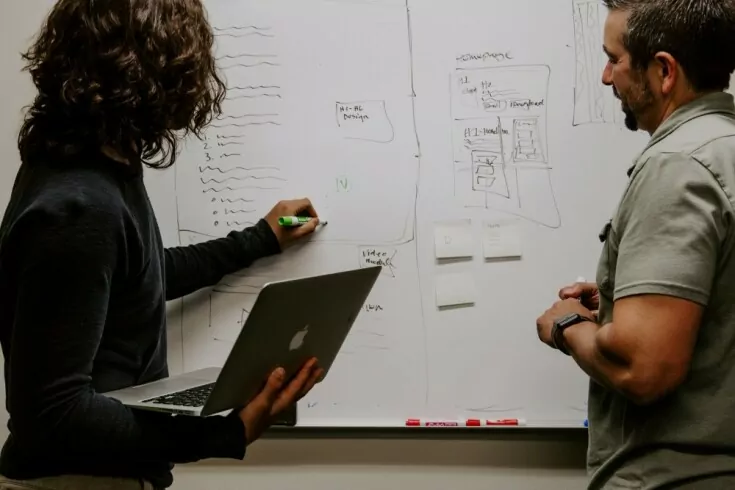By Koreel Lahiri, Program Director for South Asia.
A Russian translation of this post is available here.
Many people start media companies because they have a passion for good journalism or want to tell important stories that are critical for society. But it isn’t enough to have that passion alone – someone needs to pay the bills. Right from the start, founders need to consider the business of their enterprise.
Media is a business, and just like any business, the fundamental skills one needs remain pretty much the same – these range from the reason you became an entrepreneur to critically analyzing your market to knowing your audience and knowing how to make the business sustainable. The best way to arrive at these fundamental truths is to not have a set of prescriptive instructions, but rather asking the right questions because the right answer will always be contextual.
Before we start: A couple of points to think about whether you are building a business to capture value in the long-term or doing it because you want to capitalize on a near-term opportunity and exit. Both motivations are fine, but your approach will have to be calibrated accordingly. Hopefully, these questions will help. In case your motivation to jump on to the entrepreneurship bandwagon was because you got frustrated with your job or were attracted to the glamour surrounding entrepreneurship, then hold tight. These questions are definitely going to help you.
Why? Why are you an entrepreneur? Why should people trust you? Why will this succeed? The answers to these questions seem easy at first, but even so you should make an effort to reflect on them in as much detail as possible. Equally essential is the homework to understand the segment and why you think you will succeed. Unfortunately, a good idea plus passion are not the only ingredients in building a long-term, sustainable business. Also, you must not forget to figure out why people should throw in their lot with you – whether as employees, investors, customers or clients.
What? What problem are you solving? What will happen after the problem is solved? What will you measure? What is your product? These complement the Whys by providing a structure. It’s important to understand the longer-term lifecycle of your audience – what other problems do they need solving, either sequentially or in parallel? What will make them stick to you beyond the most evident use-case and/or can you create those use-cases?
Who? Who is your audience? Who will be your business soulmate? Who will be your mentor(s)? Who are your most talented team members? Being comfortable with both identifying good people and having the ability to interact with strangers are essential skills. Often a good co-founder and mentor can make it smoother, contribute to sustained growth, open new doors, etc. Further, you should also think hard about who is not your audience, and who will pay for this? Both are important for keeping efforts focused and not allowing the usual feature-creep and scope-creep. Further, you should definitely know who the competition is but not get obsessed with what they do. Our obsession should squarely be on the audience we are serving with a singular focus of making their lives easier and richer.
Where? Where is your market and is it big enough? Where does your audience hang out? These are the questions that typically dictate product distribution and brand positioning. There are a couple of other important questions – Where do you want to lead your audience? The answer lies in creating new products and offerings to both increase yield from current audience and retain them longer – as well as finding newer audience groups. An important follow-on questions to be asked is: Where will you find the talent to do this?
When? When should you move on from failed products? When will your organization cease to be relevant? Keep focused on how your product-market fit will develop in the near future and be strategic in decisions regarding timing. This also distinguishes a passionate founder from an emotional one. The key to running a strong, ever-evolving business is to not fall in love with the activity but to be in love with the outcome. Hence, having the ability to constantly break and innovate should be a skill that one should develop. Another important when is: When is the right time to raise external funds? It depends on what kind of business you are running – for example: big platform / audience-aggregation bets often require capital upfront and attract a certain type of founder who can manage investor expectations, are savvy with product iterations and can stay in it for the long-term.
How? How will you make and manage money? How will you change audience behaviour in your favour? How can I structure my organization to enable constant evolution? With some of the fundamental questions on motivation and audience out of the way, you must get down to answering the basic question of how to find the money to keep the lights on. At the end of the day, the buck stops with the entrepreneur. Therefore, knowing your break-even maths and having clear and quantifiable outcomes is necessary. The ability to hustle, not undersell one’s own product, having robust internal systems, knowing your cash flows, etc. is vital. The role of the organizational structure is also critical. The old divide between church and state in newsrooms was to insulate the newsroom’s priorities from that of the people who worry about business. But that ship has sailed and the world has changed. Product management is at the core of today’s newsrooms and decisions need to be taken on the basis of knowledge about the audience, distribution, business analysis, etc. It’s a no-brainer that the product head should have a seat at the executive table.
Comfort zone questions: Are you comfortable with ambiguity? Are you comfortable with numbers? This is one of the greatest aversions especially among editors-turned-founders. Very often the understanding of key numbers is farmed off to an accountant or data analyst, who may or may not grasp the ethos of the business and definitely doesn’t have a seat at the executive table. Success is no longer a function of a creator’s gut instinct when it comes to producing content. There is careful analysis behind what works and what doesn’t, and for that the ability to deal with datasets is important. Efficient data can also give you a lead signal and you could design dynamic content products, distribution and monetization strategies that feed off this data.
You can find a more detailed presentation of this article here. Also, watch the video on the same topic delivered at Splice Beta in September 2020 here.

This article is part of our series, ‘25 things we’ve learned’, marking MDIF’s 25th anniversary.
